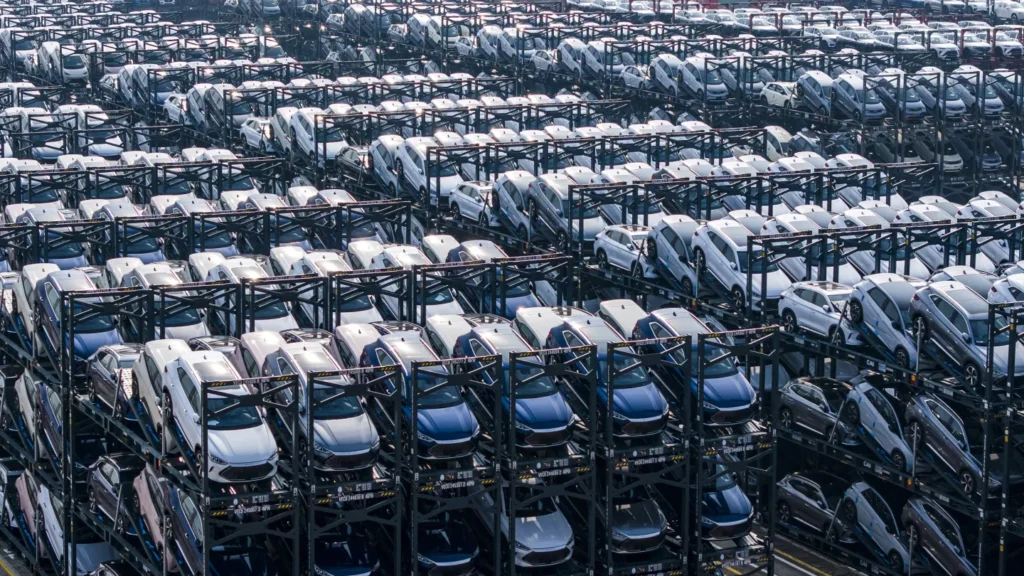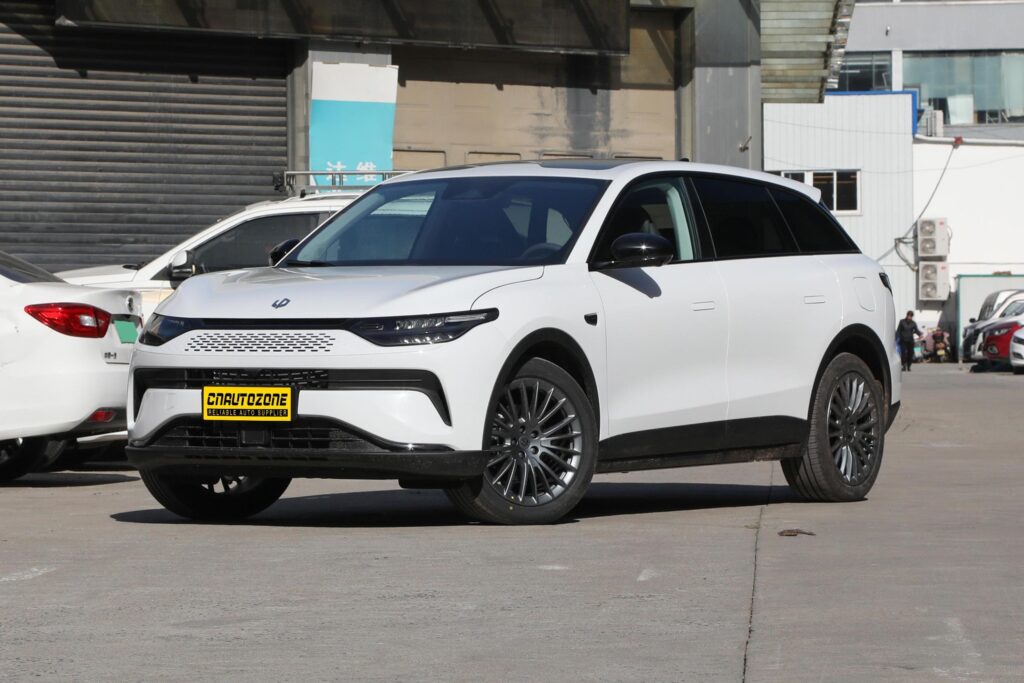In the rapidly evolving landscape of electric vehicles (EVs), BYD (Build Your Dreams) stands out as a significant player, reflecting the convergence of technology, sustainability, and innovation. Established in 1995, this Chinese multinational was initially focused on rechargeable batteries before making a strategic pivot to the automobile sector in 2003. Today, BYD has evolved into a formidable automotive manufacturer, particularly known for its extensive range of electric and hybrid vehicles. This blog post delves into the company’s history, growth trajectory, and product offerings, highlighting its role in shaping the future of green transportation.

Company Background
BYD was founded by Wang Chuanfu in Shenzhen, China, initially as a battery manufacturer. The company made a significant mark by introducing rechargeable batteries, which were highly sought after in consumer electronics. BYD’s move into the automotive industry was motivated by a pressing vision to contribute to sustainable transportation, reflecting global concerns about climate change and air quality. The company expanded its operations to include the design and production of automobiles, with a clear focus on electric vehicles.
Over the years, BYD has emerged as one of the largest EV manufacturers in the world, not only dominating the Chinese market but also expanding its reach internationally. As of 2023, BYD’s market capitalization exceeds that of several established automotive giants, indicative of its successful strategy and robust product portfolio.
Development Trajectory
BYD’s evolution has been marked by strategic milestones that reflect both its ambition and adaptability.
- Initial Growth (2003-2010): The launch of the F3 model in 2005 marked BYD’s first significant step into the automotive market. It quickly became a best-seller, paving the way for more offerings. In 2008, the company transitioned from conventional vehicles to electric vehicles with the introduction of the F6 EV, demonstrating early foresight in a burgeoning market.
- Global Expansion (2011-2015): As the global demand for electric vehicles surged, BYD expanded its reach beyond China. In 2013, the company established its presence in the American market, opening a manufacturing facility in California focused on bus production. During this period, BYD solidified its reputation for innovation by launching the “e6” electric taxi, which became a popular choice for taxi services in several cities.
- Technological Advancements (2016-2020): This period was characterized by significant technological innovations, particularly in battery technology. BYD introduced its proprietary Blade Battery, which significantly improved the safety, performance, and efficiency of its vehicles. The company also expanded its product lineup to include commercial vehicles, such as buses and trucks, reflecting a comprehensive approach to electrification.
- Sustainability and Green Energy (2021-Present): BYD has elevated its commitment to sustainability through vertical integration in battery production and renewable energy solutions. The company has placed a strong emphasis on solar power and energy storage systems, recognizing the synergies between electric vehicles and sustainable energy practices. BYD has also taken steps to reduce the carbon footprint of its manufacturing processes, setting ambitious targets for emissions reduction.
Product Portfolio
BYD’s product portfolio is diverse and showcases its commitment to electrification across various segments.
- Passenger Vehicles: BYD’s flagship passenger vehicles include the Han, Tang, and Song models, each offering a blend of performance, technology, and user experience. The Han EV, for instance, is a luxury sedan that features cutting-edge autonomous driving capabilities and an extensive range on a single charge. The Tang SUV and Song series further cater to the growing demand for electric SUVs, showcasing BYD’s versatility in design and technology.
- Commercial Vehicles: Recognizing the importance of electrifying commercial fleets, BYD has invested heavily in electric buses and trucks. The BYD K-series electric buses have gained significant traction in urban public transport, known for their reliability and efficiency. Many cities around the world have adopted BYD’s electric buses, aligning with global initiatives to reduce urban pollution.
- Battery Technology: Beyond just vehicles, BYD operates as a leading battery manufacturer, with its lithium iron phosphate (LiFePO4) batteries being widely regarded for their safety and longevity. The company’s focus on developing solid-state batteries in the future represents its continuous pursuit of innovation that could redefine the EV market.
- Energy Solutions: BYD is at the forefront of integrating renewable energy solutions, producing solar panels and energy storage systems. The company is increasingly focusing on residential and commercial energy solutions that complement EV charging, thus creating a comprehensive ecosystem around electric mobility.
Conclusion
In conclusion, BYD’s journey from a humble battery manufacturer to a global leader in electric vehicles showcases a remarkable story of innovation, resilience, and foresight. With a solid product portfolio that spans passenger and commercial vehicles, advanced battery technology, and renewable energy solutions, BYD is well-poised to thrive in the electrified future of transportation.
As governments globally push for reduced carbon emissions and greener modes of transportation, BYD’s emphasis on sustainability and technological advancement positions it not just as an industry participant but as a pivotal player driving the world toward a more sustainable future. The continued evolution of BYD will undoubtedly shape the electric vehicle landscape for years to come, making it a brand to watch as the automotive industry pivots toward electrification. cnautozone car expert

